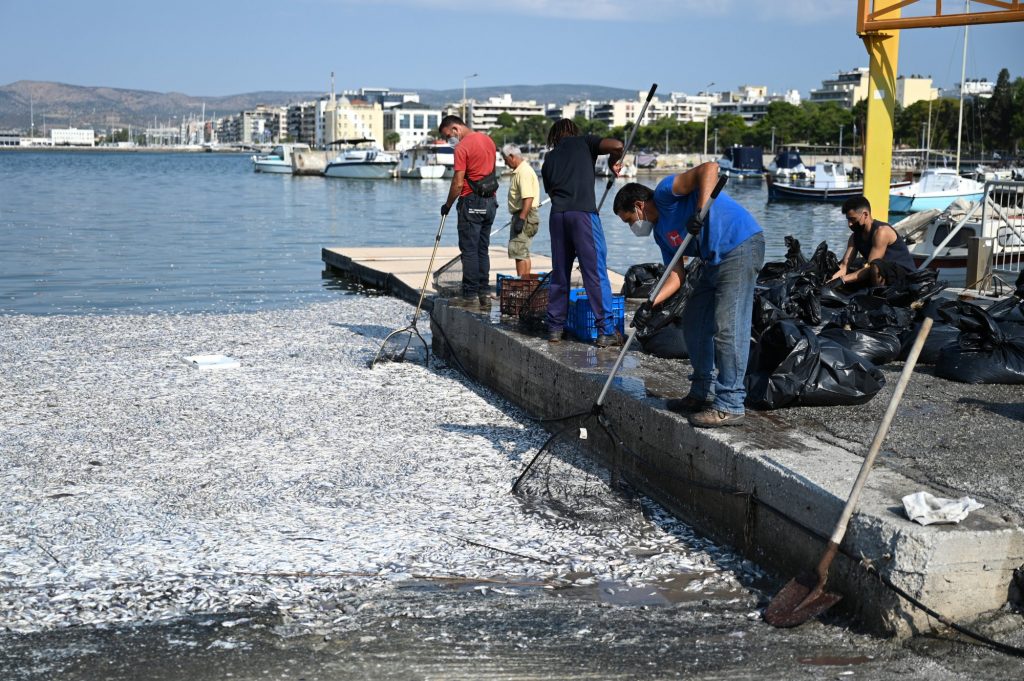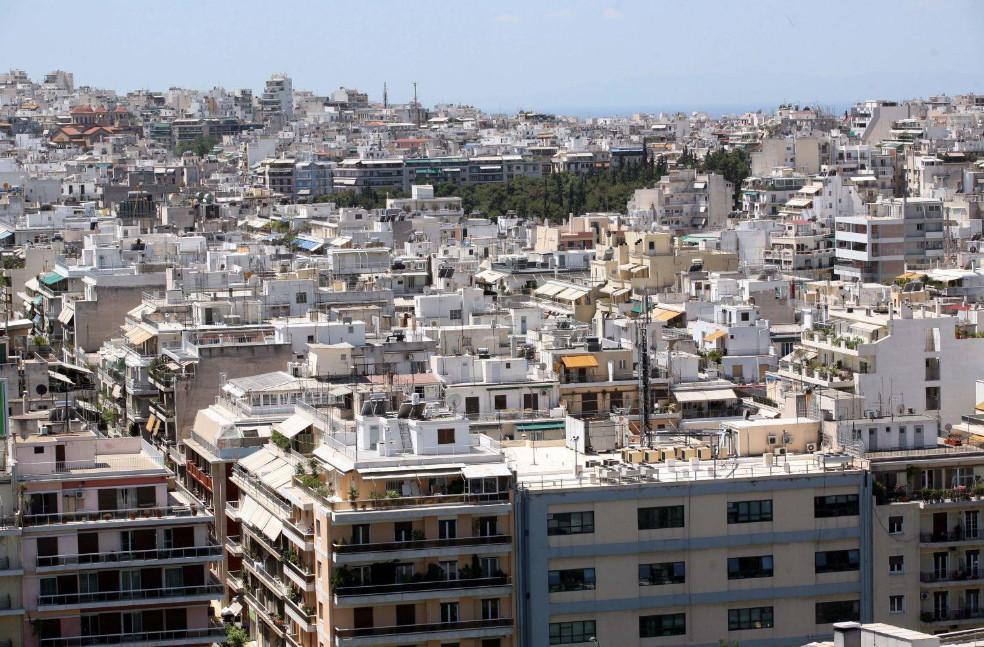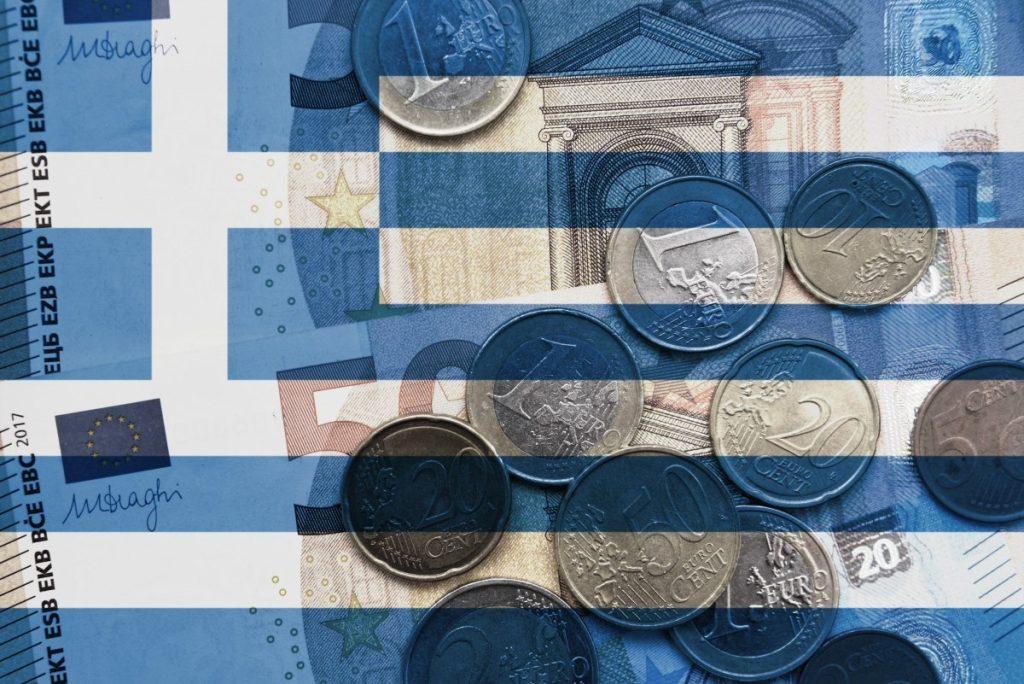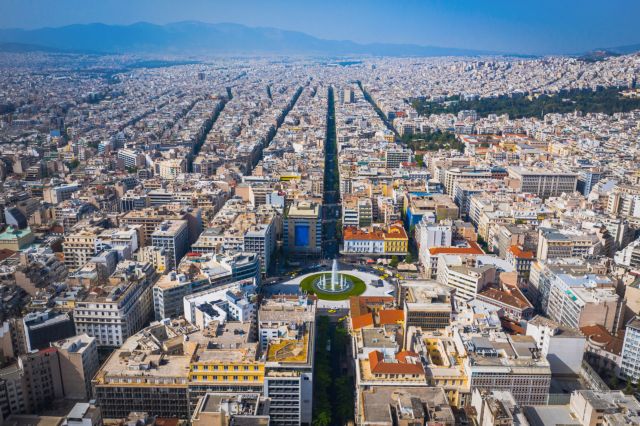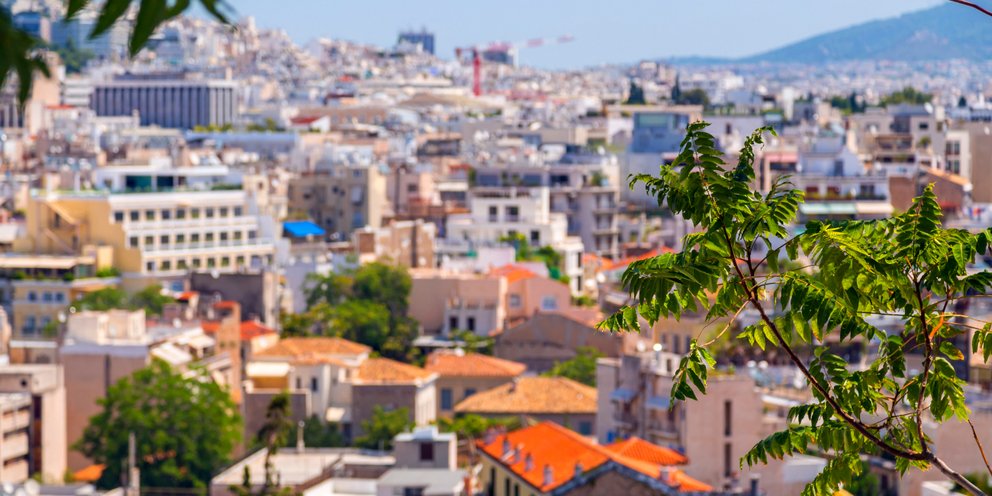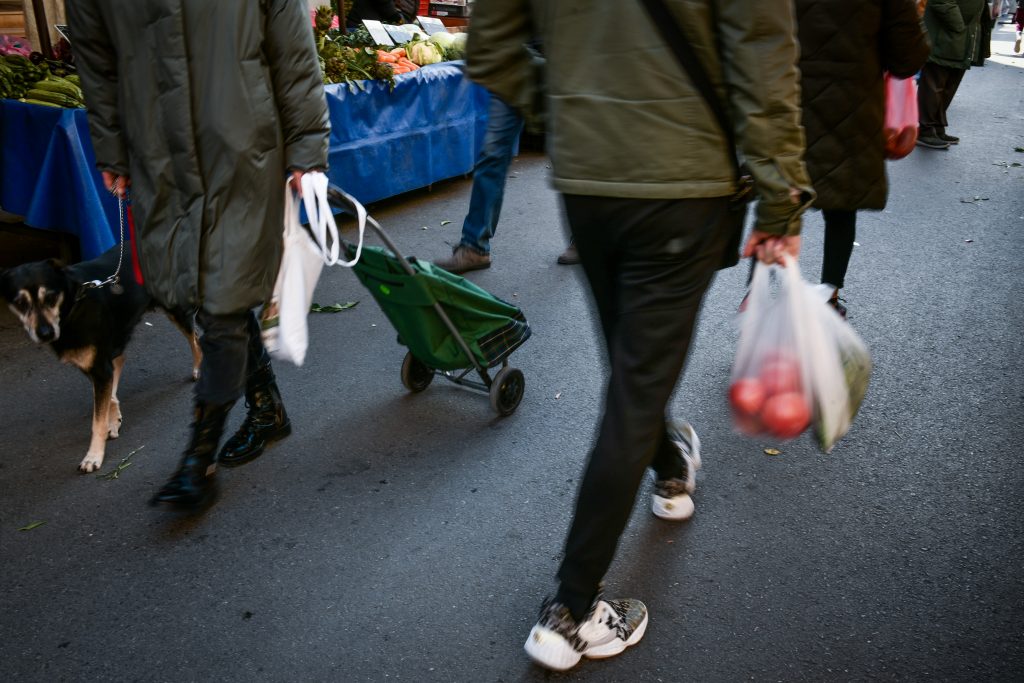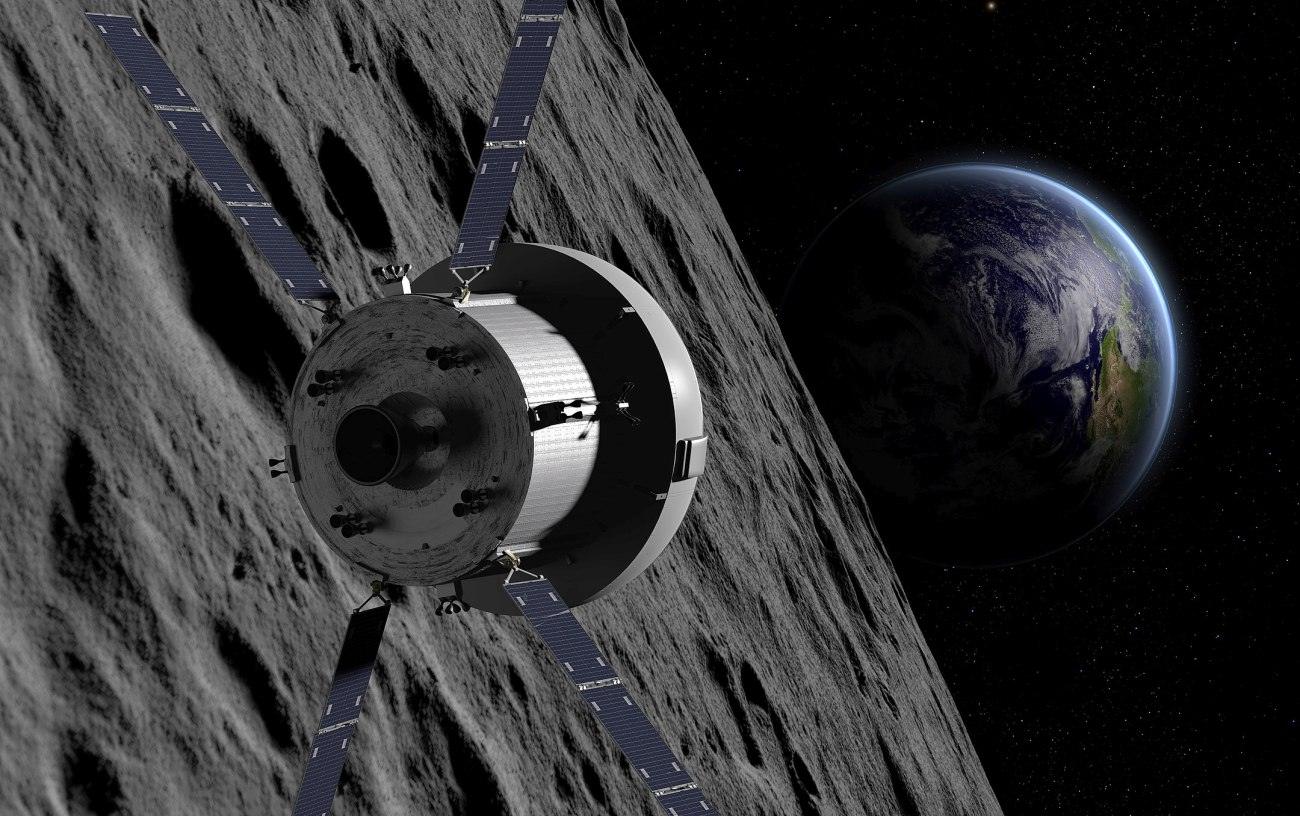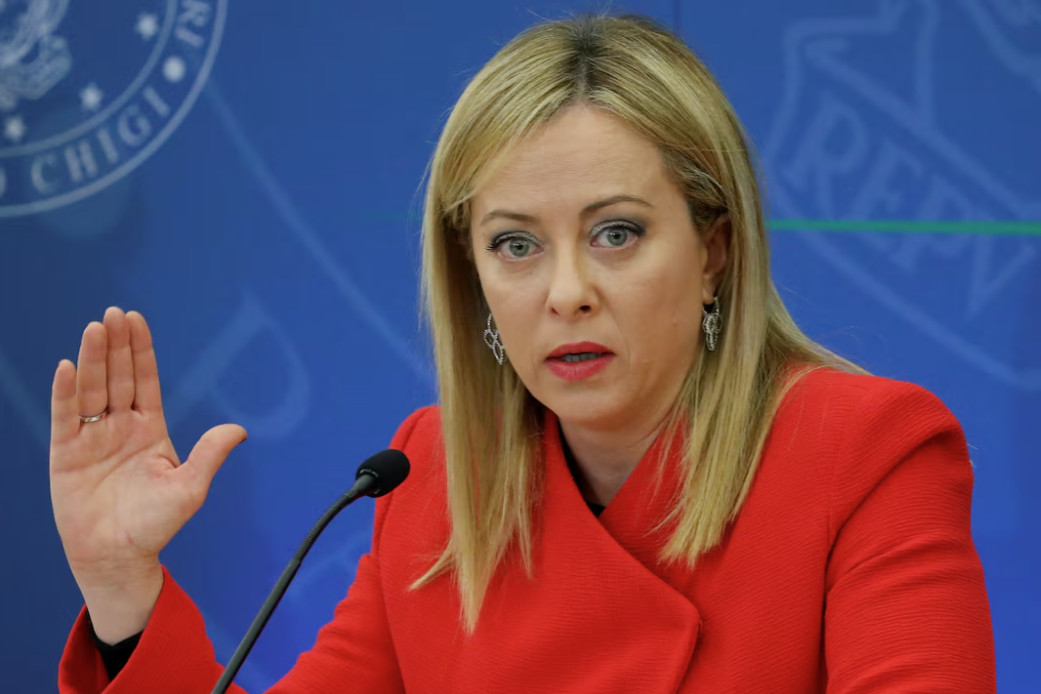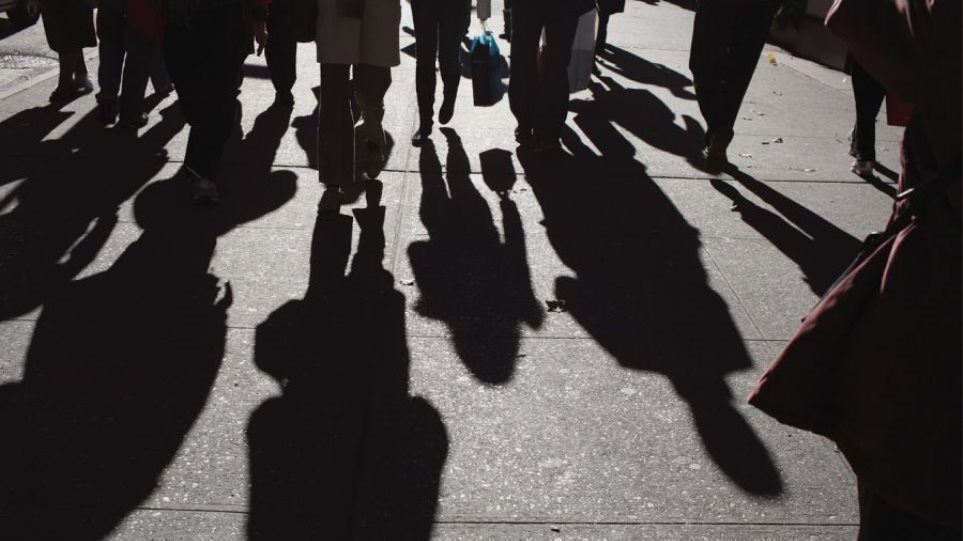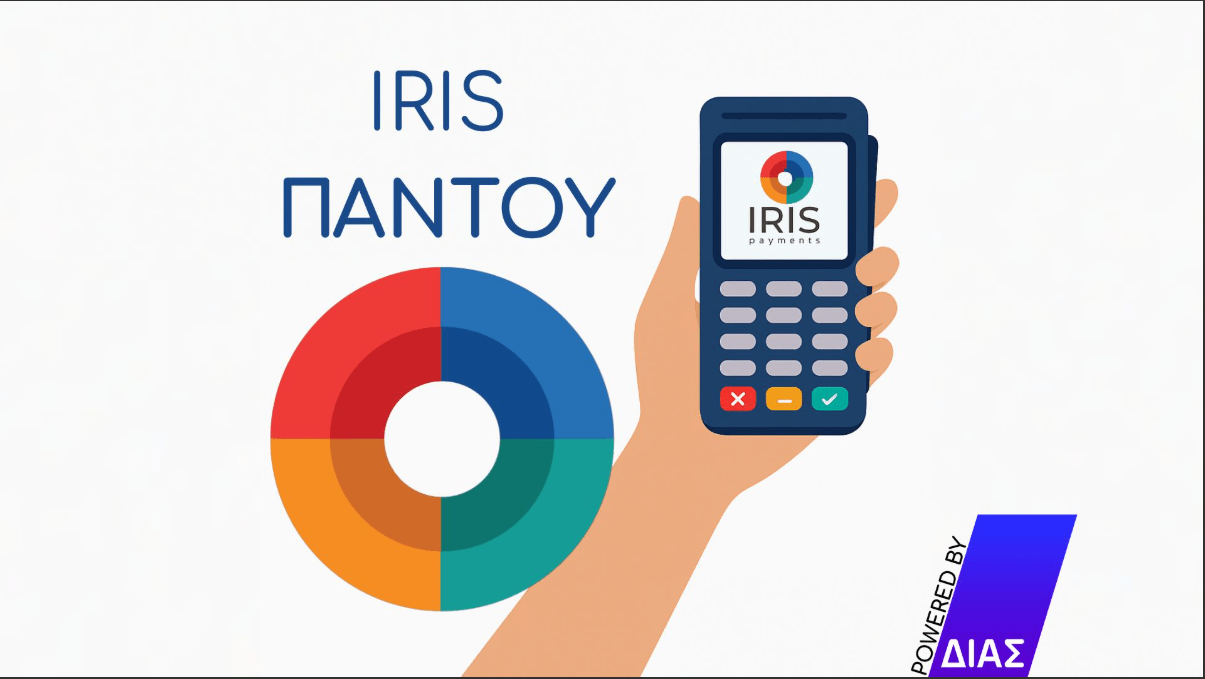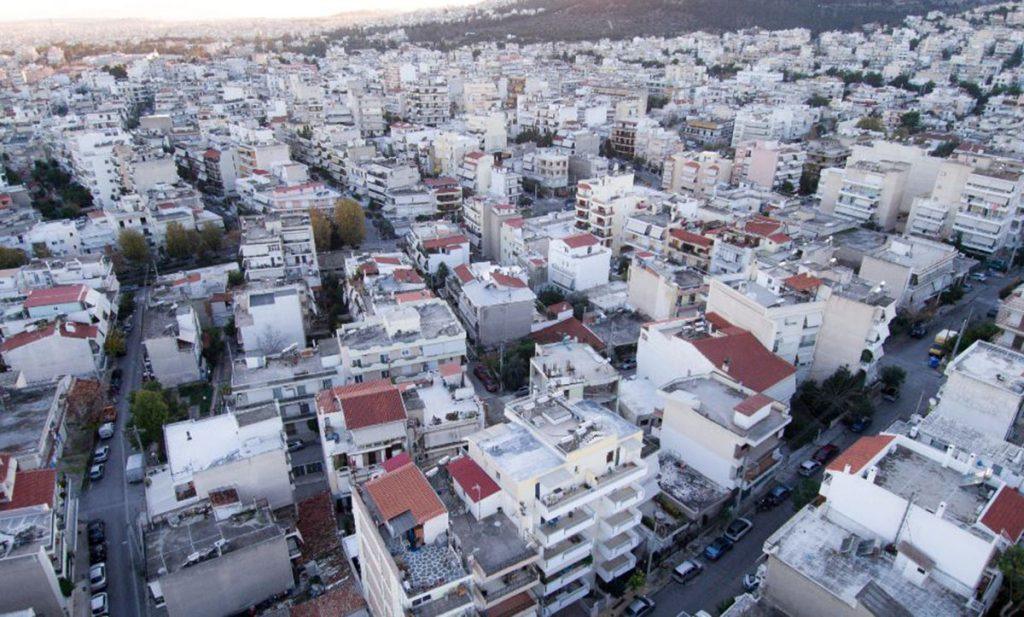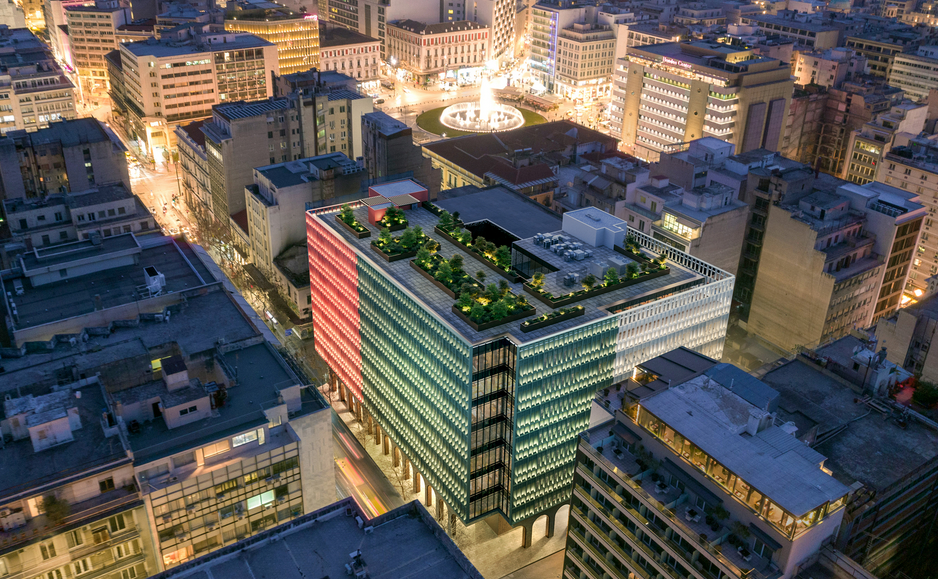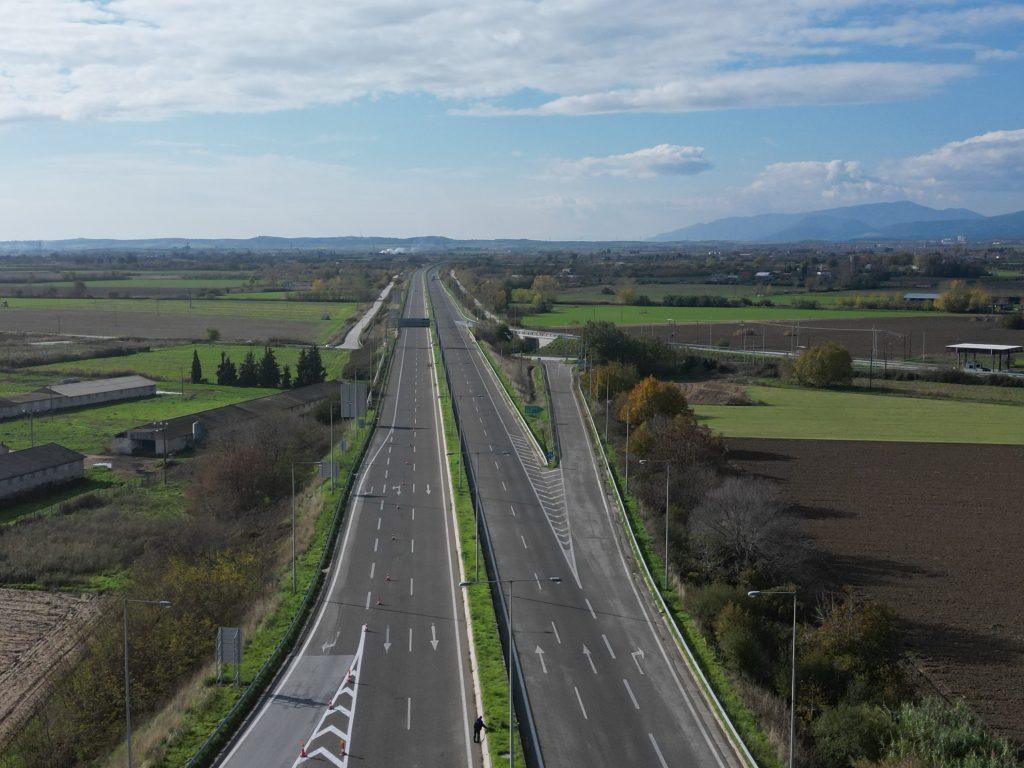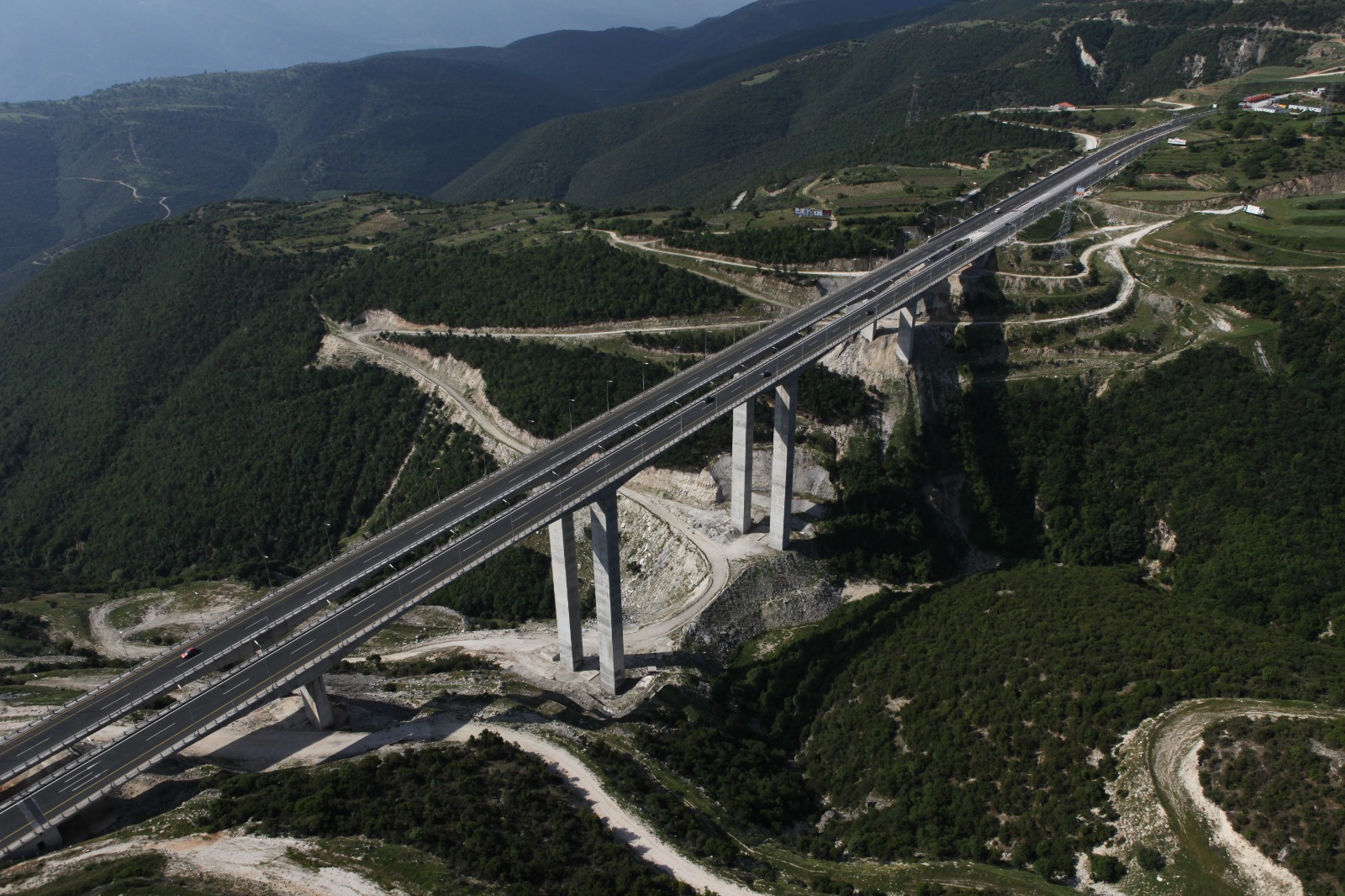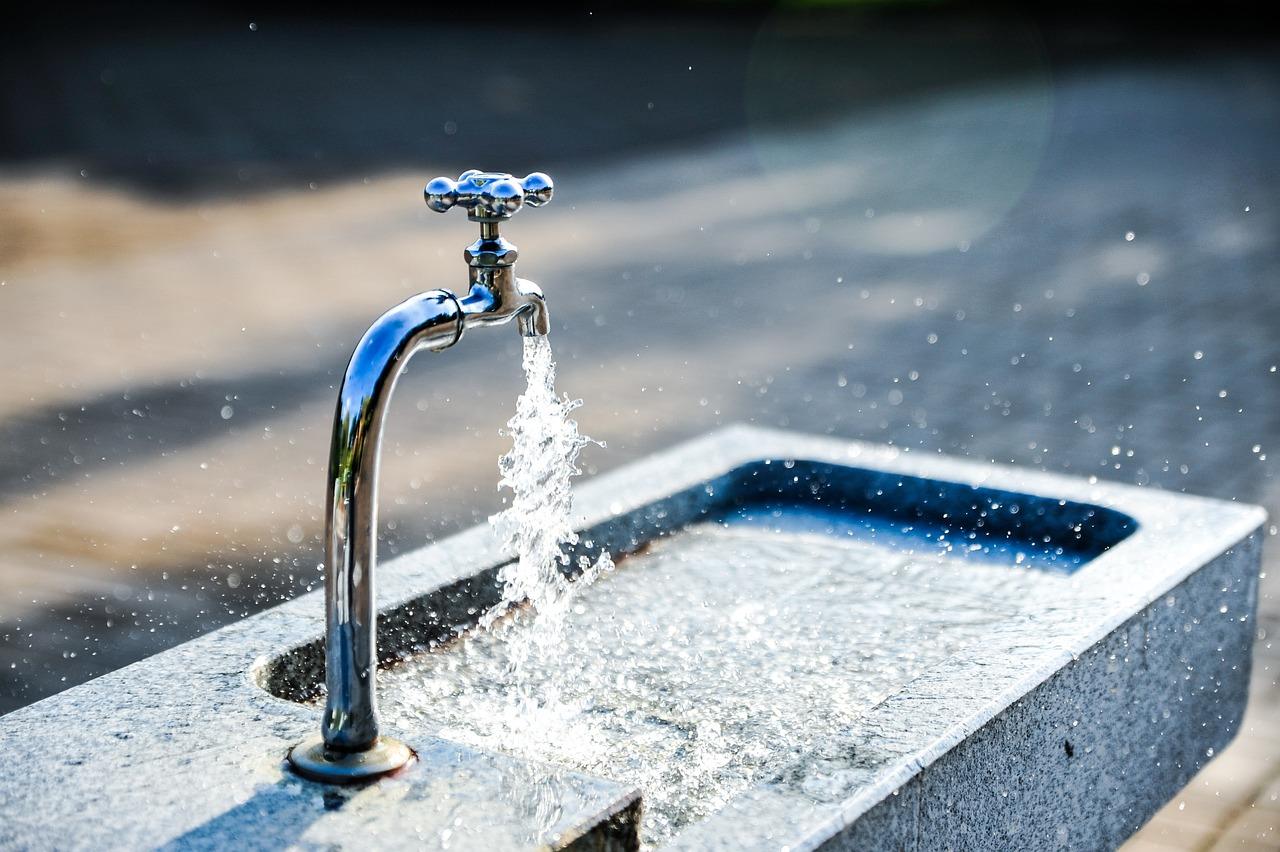Thousands of dead freshwater fish have been washing-up on the shores in and around Greece’s port city of Volos since last week, driving off tourists, and compelling the Greek government to declare a ‘state of emergency’ for the region and announce a set of support measures for local businesses.
Greek authorities announce financial support after tonnes of dead fish wash into Volos #EuropeNews https://t.co/4tyCNUSsBR pic.twitter.com/6AvsdJ9mc6
— euronews (@euronews) September 1, 2024
The dead fish disaster in Volos is another hit for a region that has yet to find its footing following last year’s deadly Armageddon-like flooding. This time, the incident has left local restaurants, cafes and hotel rooms empty on account of the stench of rotting fish. Meanwhile, residents are concerned about the potential impact on water quality.
State of Emergency
As a result, on Saturday, August 31, Volos was declared in a State of Emergency for one month to enable the Greek government to more easily address emergency needs and manage the consequences arising from marine pollution in the Pagasitikos Gulf.
Specifically, according to a relevant document signed by the General Secretary of Civil Protection of the Ministry of Climate Crisis and Civil Protection, Vasilis Papageorgiou, and as reported by TO VIMA, the municipality of Volos, the Regional Unit of Magnesia and Sporades, and the Region of Thessaly have been declared in a State of Emergency.
This declaration will be in effect from the date of the phenomenon’s occurrence and for one month, until September 30, 2024, says TO VIMA.
Support Measures for Volos Region
Greece’s relevant ministries also announced special support measures for entrepreneurs with businesses in specific sectors from the municipalities of Volos and South Pelion in an effort to provide some relief from the economic impact of the disaster.
The meetings involved Greece’s Minister of State Akis Skertsos, Deputy Minister of Finance responsible for fiscal policy Thanos Petralias, and Deputy Minister of Climate Crisis and Civil Protection responsible for state aid Christos Triantopoulos.
The plan is to offer subsidies for businesses that have experienced a loss in turnover due to the dead fish, and the government will also suspend tax and insurance obligations for businesses within the designated area for a specific period.

Moreover, the Greek government says it will secure funding to create a comprehensive promotional program for the impacted area in the upcoming period and will activate a new and improved version of something called the Thessaly Pass support scheme for the next year.
The Thessaly Pass is a program designed to drive tourism to the region by offering a digital cash card to Greek citizens, who have lower levels of income and live outside of the impacted area of Volos, to spend on tourism activities in the area. The program was established following the floods of hurricane Daniel in 2023, which leveled the region’s tourism and agricultural sectors, the latter of which is still reeling from the damage.
In light of this new ecological disaster, the Government says it will increase the amount of funding available to citizens through the Thessaly Pass, reports TO VIMA.
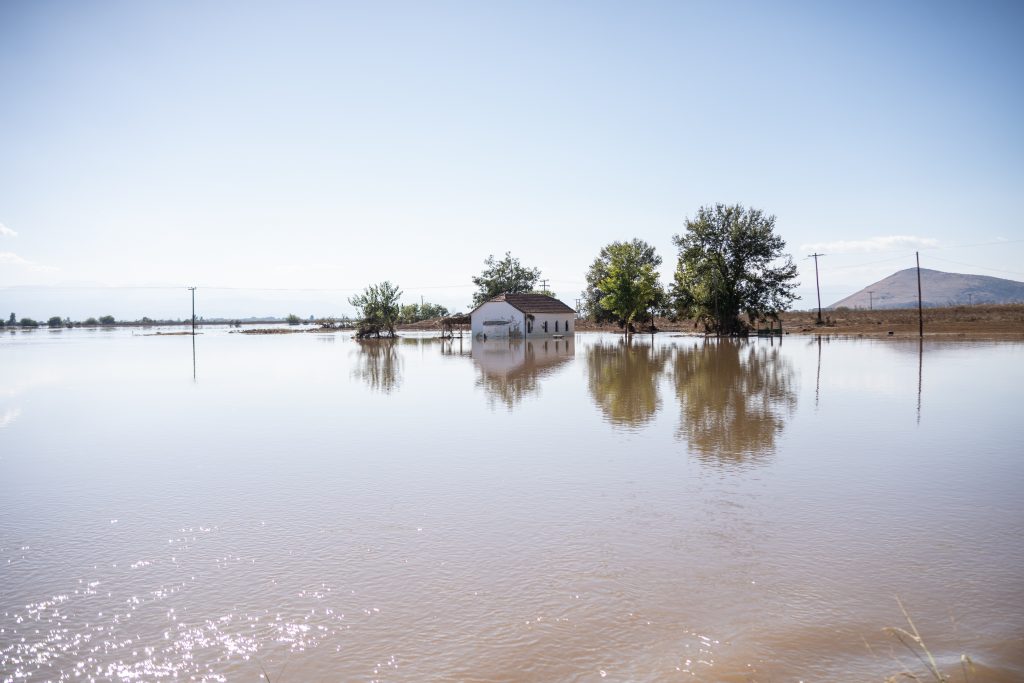
Concerns Over Volos’ Water Quality
Greece’s National Public Health Organization (EODY) has advised against swimming on beaches in the area and is continually taking water samples to assess for water quality and the potential increase of water-bourne pathogens, says TO VIMA.
Despite the presence of dead fish, Greek authorities note that coliforms and enterococcus levels at eight of the nine beaches subjected to water-quality samples show safe limits. The one beach where levels were found above limits historically has issues with pollution, announced the Government.
The total microbial flora present in the samples has increased, but this has not been linked to specific disease-causing pathogens.
Monitoring will continue until the clean-up is completed and beaches are found in good condition, at which point swimming will again be permitted.
In Search of the Cause
Media reports attribute the ecological disaster to a combination of climate change, and issues with irrigation and drainage in the region, but the official investigation by the Greek government is still underway.
On Thursday, August 29 the Ministry of Environment and Energy sent a team of environmental inspectors to conduct a site inspection at a local lake, called Lake Karla, which seems to be the source of the problem. The lake is reported to have been the home of the dead fish, and has been subject to both floods and drought.
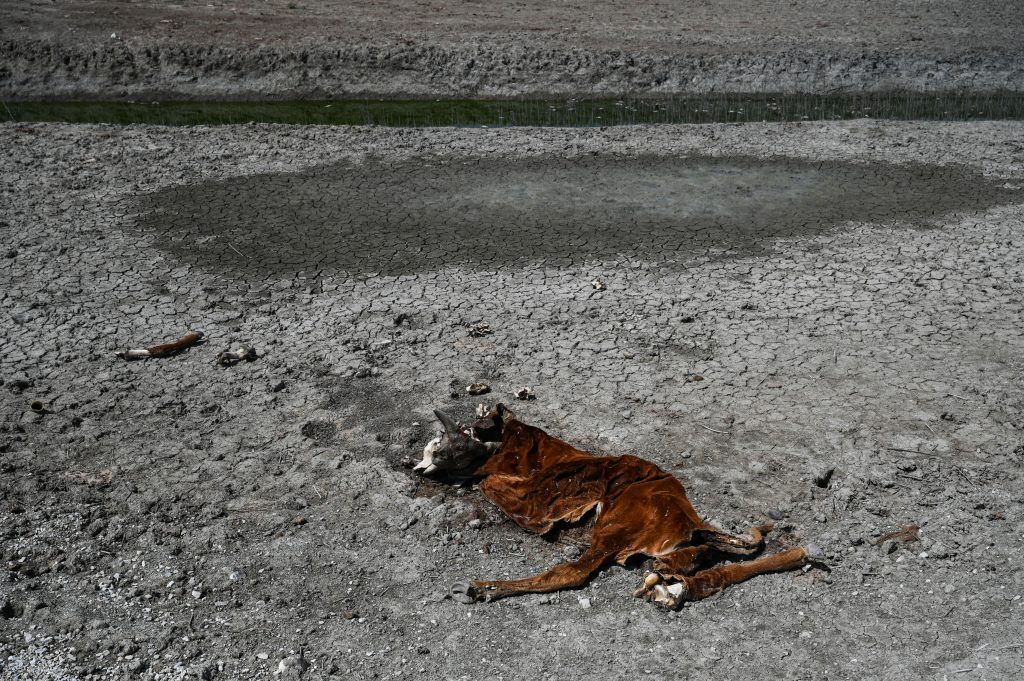
TO VIMA says the inspection will continue into this upcoming week and also include the broader region, including the Pinios River and the irrigation and drainage networks, to investigate any responsibilities.
Additionally, through a program agreement between the Ministry of Environment and Energy and the University of the Aegean (Department of Oceanography and Marine Sciences), the phenomenon’s extent in the broader Pagasitikos area is being continuously monitored with high-resolution satellite images.
Meanwhile, the clean-up of the dead fish continues, following guidance provided by the European Regulation 1069/2009, and no fish will be made available for human consumption, says TO VIMA.
Source: tovima.com
